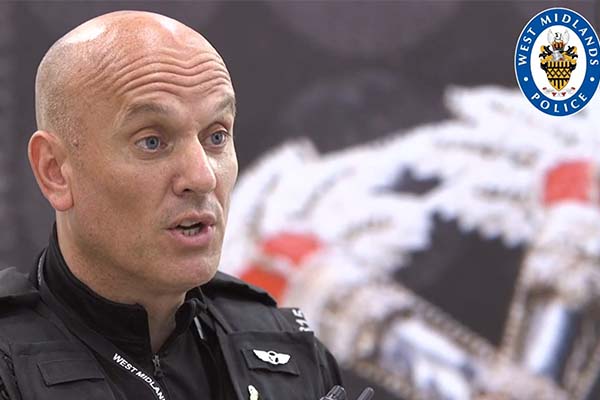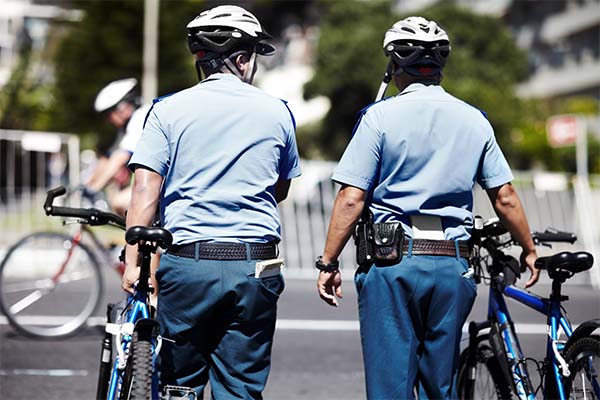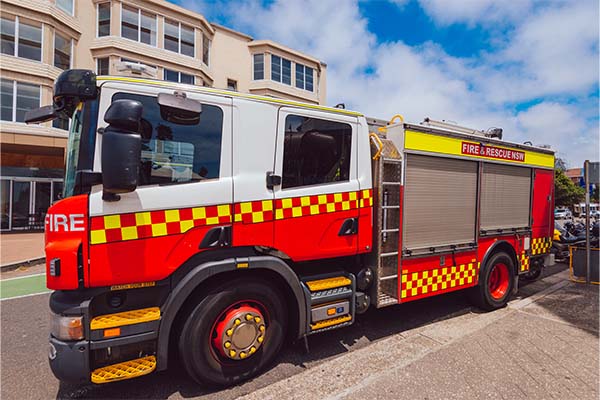In May 2018, after a two year trial, the Minimum Passing Distance became permanent law in NSW which means, our most vulnerable road users are offered the protection of a buffer during passing. Australian cycling organisations including Bicycle NSW unanimously called for all states to carry out enforcement campaigns. The aim is driver education and raising awareness of leaving a safe distance when passing bicycle riders, backed by police support for the legitimacy of bicycle riders on roads.
According to the Australian Institute of Health and Welfare (AIHW) the number of Australians either injured or killed in bicycle accidents is growing particularly for those aged 40 years and over. Joint action which includes driver engagement, education and law enforcement is essential in addressing this issue. Specifically, the compliance with minimum passing distance laws now in all states and territories across Australia.
Evidence suggests driver education campaigns are effective where there is a focus on enforcement and awareness. The UK’s West Midlands Police Driver education campaigns targeted minimum passing distance offences resulting in a 20% reduction in deaths and serious injuries.

PC Stephen Hudson, Close Pass Operation, West Midlands Police. Photo courtesy: We Ride Australia
Road harm reduction close pass operation
The West Midlands campaign has been adopted by more than half of all UK county police forces and uses a combination of education and enforcement to create safer environments for all road users. The following key factors of success were identified.
Accept 3rd party footage from members of the public
Cyclists going about their ordinary business send in any videos they consider to be inappropriate driving when either being passed or having an encounter with drivers on the road.
Cycle safety course, court, fine or lose points
Offensive drivers can attend a cycle safety education course or are offered the option to pursue the matter through court. Alternatively, they can choose to pay the equivalent of a $182.00 fine or lose 3 points.
“99% of enforcements are done through the capture of third party video footage.” PC Stephen Hudson, Close Pass Operation, West Midlands Police.

Uniform Police Cyclists and Plain Clothed Police Cyclist (Photo: iStock)
Roadside education
Police keep roadside interaction with drivers informal and education based enabling them to re-educate and to speak to some of the drivers that wouldn’t normally come to their attention. This approach gives them a greater understanding of driver behaviour.
Push the message
Creating awareness and gaining support from internal and external stakeholders can sometimes go a long way. This may include the police media department, social media, senior management team, councils and sponsors like bicycle user groups, bicycle peak body member organisations and advocacy groups.
The message that police can’t afford to send of course is that it is not safe to ride on the roads. Positive or negative reactions to the message are not as important as getting the message out.
“It may well be that not everybody agrees with what we do, but everybody knows what we do and they understand the circumstances with what happens if they try and put a cyclist in danger.” PC Stephen Hudson, Close Pass Operation, West Midlands Police.
Safety and Training
Officers are requested to cycle on a prescribed road that has been pre-tested in advance and risk assessed either by their experienced senior officer or a trained risk assessment officer.
While correct signage and some formal decent infrastructure is necessary cycling infrastructure is not. All police cyclists (PCs) should be deemed competent be comfortable riding on the road allocated and have attended internal or external training.
Police cyclists are asked not to identify in any way as police while they are cycling nor to interact with any of the drivers.
Police motorcyclists or vehicles are used as safety officers and it is their responsibility to keep in sight their assigned PC. The PC carries a personal radio with them and ensures the bicycle is fully serviced and fit for purpose.

NSW Fire Service Vehicle (Photo: iStock)
Resources
Deployments can be resourced in two ways.
- Partners operation
The fire service and police combined, target a specific part of road safety taking 5 minutes to deliver a useful practice to the driver at the roadside.
Each driver also receives additional pieces of advice from the fire service and a literature pack. The fire service has unparalleled experience in cycle road accidents and offers invaluable support. Police can run the operation with a minimum of 3 police officers a safety officer, a police cyclist and a site manager.
The site manager only oversees eyesight tests for drivers. Eyesight failures can be alarmingly high according to PC Hudson. - Police only operation
Police cyclists out in front of fire crews can spot seat belt and mobile phone offenses and generally poor standards of driving. They can then call another officer to pull over the offending vehicle.
“we have in the last 3 months had 2 drink drivers that were 3 times over the limit and a drunk driver taken off the road just by using this type of operation. These are drivers that we wouldn’t ordinarily be likely to find, ” said PC Hudson.
Impact of road harm reduction close pass operation
Nationally it has been very well received with members of parliament visiting the West Midlands Police to see how the operation is run. The officers involved have been invited to Parliament House to give evidence to cycling groups and the all party parliamentary cycling groups. Seminars about the operation have been delivered to all the police forces in the UK. Approximately 2/3 of all the police forces in the UK are running a similar program now.
Results
“In the last 12 months we have had a 20% reduction in cyclists that have been seriously injured or killed on our roads and while it’s difficult to attribute all of that to one thing, I certainly don’t think it’s doing any harm,” said PC Hudson
Bicycle NSW is affiliated with more than 30 Bicycle User Groups (BUGs) across NSW. We work closely with these BUGs in advocating with State and Local Governments for safe bicycle infrastructure. Please consider joining Bicycle NSW for only 0.36 per day to help support cyclist safety campaigns.

